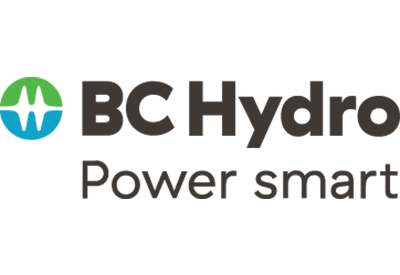BC Hydro Report: British Columbians’ Fueling habits Driving EV Charging Misconceptions

Oct 10, 2019
A new BC Hydro report finds the way British Columbians fuel their gas-powered vehicles may be driving misconceptions about EV charging and preventing some from making the switch to one.
The report entitled, ‘Old habits drive hard: How British Columbians’ fueling habits are driving misconceptions about EV charging‘, finds nearly 70 per cent of non-EV owners fuel-up their gas-powered vehicle once per week. The same number also listed concerns around the availability of public charging stations as the main reason they are hesitant to switch to an EV.
This approach to fueling a gas-powered vehicle may be leading to a misconception that charging an EV at a public charging station must be done as frequently as getting gas. However, a survey1 commissioned by BC Hydro found the majority of EV owners do the majority of charging at home or at work, and use public chargers as a supplement to this.
The survey also found around one-quarter of non-EV owners are hesitant to switch to an EV because of concerns with the added electricity use and associated cost of charging at home. However, charging a Nissan Leaf at home every day costs around $35 a month2 – significantly less than the $170 a month3 the average British Columbian spends to fuel a similar model gas-powered vehicle.
While individual factors of a home may impact costs, the average cost to purchase and install a Level 2 charger for a single-family home is between $700 and $2,000. With the savings in charging at home versus paying for gas, the average payback period for a Level 2 home charger is around eight months.
British Columbians can take advantage of rebates on eligible Level 2 home chargers, offered by the Province of B.C. and BC Hydro.
These include:
- A $350 rebate offered by the Province of B.C. on the purchase and installation of a Level 2 EV home charger for a single-family home, with an additional $350 ‘top up’ rebate from BC Hydro for a limited time
- Up to $2,000 in rebates on the installation of a Level 2 charging station in a condo, apartment or office building, and up to five hours of free support services from an EV Charging Station Advisor.
1 Online survey conducted by Majid Khoury on behalf of BC Hydro of 1162 drivers in British Columbia from July 29 to August 5, 2019.
2 Based on 20,000 km/year of driving and current BC Hydro residential rates.
3 Based on cost of fuel for an equivalent Honda Civic compact driven 20,000 km/year at a gas price of 1.49 per litre.
Find the full report HERE

















